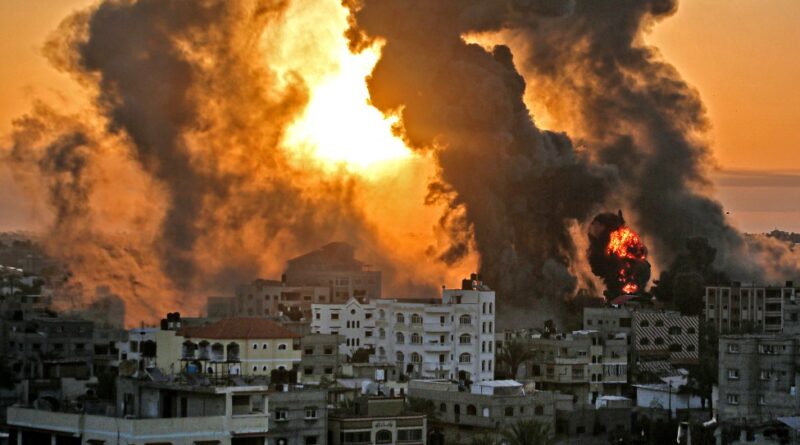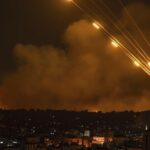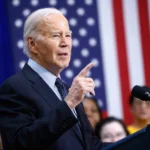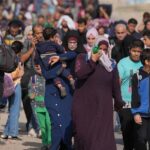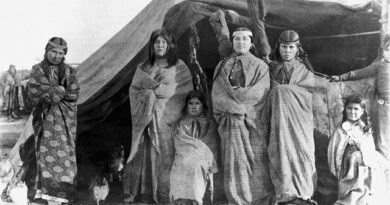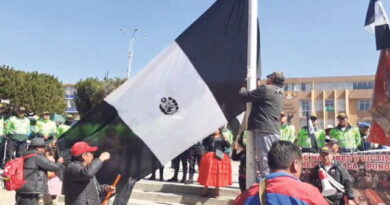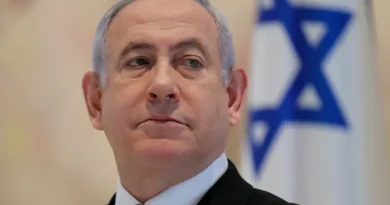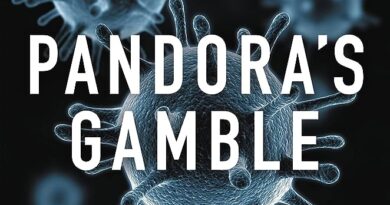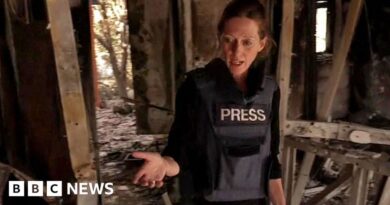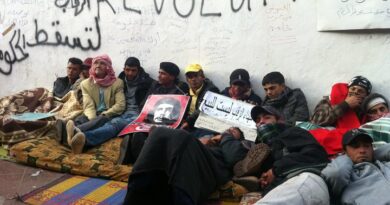Israel, beheading and Palestinian resilience
EUGENIO GARCIA GASCON
Five days of conflict between the Islamic Jihad of the Gaza Strip and Israel have caused the death of 34 Palestinians and one Israeli, and the launch of some XNUMX rockets against the Jewish state, as well as persistent bombardments against civilian buildings, positions and commanders of Islamic Jihad inside the Strip.
The Jewish media and politicians emphasize that this altercation, in which six Jihad leaders have died, has come only five months after the previous one. In the past, several years used to elapse between one incident and another of this nature, but the time frames have been gradually getting shorter in recent years, which is not a good sign for Israel.
Its leaders, led by Prime Minister Benjamin Netanyahu, emphasize the death of the six responsible for the Jihad, describing these deaths as a great achievement by the Army and the Shin Bet secret services, which is undoubtedly true, although This does not allow us to draw optimistic conclusions regarding the future.
Those who think that the beheading of part of the leadership of the Jihad means that this organization may disappear or be greatly weakened, are probably mistaken if we look at similar cases from the past. Indeed, this is not the first time that Israel has gotten rid of enemy leaders, although this does not necessarily mean that the enemy has been weakened.
In previous situations in which Israel got rid of senior Hamas officials, including its top leaders, as happened on several occasions, the resistance organization did not reduce its weapons capacity or its attacks against Israel, quite the contrary.
A notable case occurred in the spring of 2004. In the month of March of that year, the Jewish aviation liquidated the founder and spiritual guide of Hamas in Gaza, Sheikh Ahmad Yassin, who was killed shortly after going to pray the prayer of the tomorrow to a local mosque.
Just a few days later, Israel liquidated Abdel Aziz al Rantisi, who had succeeded Yassin as head of the fundamentalist organization. Then the Jewish and international media speculated that Hamas would not recover from two apparently deadly blows, the biggest the group has suffered since its founding in 1987.
Well, not only did Hamas recover, but its military evolution since that year of 2004 has been explosive in the literal sense. His combat capacity has multiplied, as has his arsenal, vastly superior today than it was in 2004, as well as his resources of men and weapons that periodically annoy the Jewish state and continue to increase relentlessly.
The lesson to be drawn from these data is that the decapitation of the resistance does not seem to affect their military activities or limit their weapons capacity; on the contrary, with each passing year Hamas and Islamic Jihad are better prepared for their periodic confrontations with Israel.
An even more illustrative case is that of the Lebanese Hezbollah. We are referring to the assassination of its former leader, Abbas Musawi, who was killed in February 1992. His assassination was taken as an almost messianic event in Israel, an incident that practically heralded the demise of Hezbollah. However, what happened next confirms that the beheading did not have the results that were initially predicted.
The choice of Hassan Nasrallah as Musawi's successor was a major shock to Hezbollah, which grew and grew steadily to become by far the main enemy of the Zionist state, with an exponentially larger and deadlier arsenal than it had when Musawi was assassinated. .
This case also illustrates what has been happening in recent decades, when Palestinian resistance organizations and Hezbollah have suffered blows, sometimes with great force. These setbacks, which are largely in the media, have served as an incentive for the groups to become stronger and not weaker.
The conclusion is that the decapitation of the armed groups does not end the resistance, nor does it guarantee a permanent calm, even temporary, and that the new leaders may be more capable than those that Israel periodically liquidates. Subsequent events show that the resistance organizations have a great capacity for resilience and can adapt to the blows they receive from the Israeli army no matter how great they are.
In any case, these types of confrontations constitute episodes of limited violence that the Zionist state can tolerate without major problems while it continues to expand the presence of Jewish settlers in the West Bank, which is its priority.
Eugenio Garcia Gascon has been a correspondent in Jerusalem for 29 years. He is a Cirilo Rodríguez journalism award winner.

